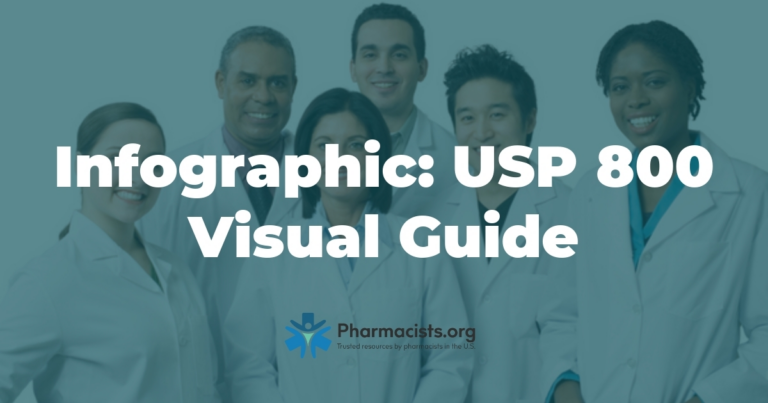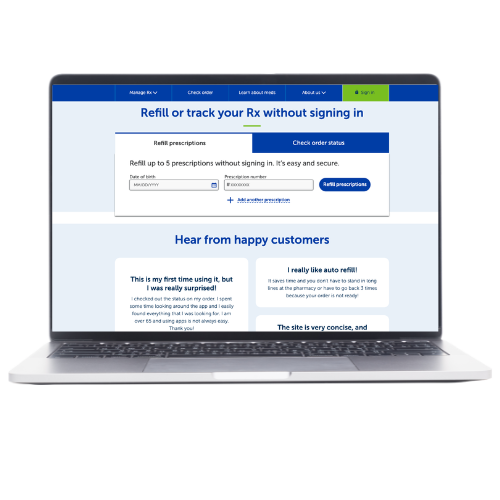
5 Great Pharmacy Organization Ideas
If you’ve been putting off getting your pharmacy organized, there’s never been a better time to get started. Here are a list of ideas to
A resource for all things pharmacy.

Our tactics have positively impacted pharmacies in the U.S.


With over seven years of experience in the pharmacy marketing industry, our team knows how to navigate through the different digital marketing regulations in each province.

At Pharmacists.org Marketing, we believe business relationships shouldn’t be stressful. With our company, you are guaranteed a simple and stress-free process throughout the entire duration of your digital pharmacy marketing campaign. Our team is passionate about creating marketing ideas and we are dedicated to doing all the work for you. We take the reins so all you have to do is benefit from the results and treat your new patients at your pharmacy. After all, we’re the digital marketing experts who know how to get the outcome you desire.









If you’ve been putting off getting your pharmacy organized, there’s never been a better time to get started. Here are a list of ideas to

This state law also requires all pharmacy technicians to ultimately obtain certification from NCCA-accredited organizations (i.e., PTCB or NHA) after a provisional grace period.

This one guides you through a very brief overview of each chapter of USP 800.

Pharmacists spend a long time on their feet, and in such a demanding environment, a good pair of shoes becomes more than just an accessory;

This week’s Quick Tip comes from Shawn Earl, PharmD. Dr. Earl is the founder of Pinnacle Pharmacy Group and specializes in pharmacy mergers and acquisitions.

This Quick Tip is a reminder for pharmacies that they need to be checking all their staff at hire and at least monthly to ensure
At Pharmacists.org, we pride ourselves on being your trusted marketing partner, dedicated to elevating the presence of independent and community pharmacies like yours.
We understand the unique challenges you face in the competitive healthcare market, and we’re here to ensure your pharmacy isn’t just another option, but the preferred choice in your community.
Our team of marketing experts specializes in optimizing your local search footprint, ensuring that when customers are searching for pharmacy services, your business stands out.Our expertise in Search Engine Optimization (SEO) is at the core of our strategy. We harness the power of SEO to enhance your visibility online, drawing more potential customers to your pharmacy.
By partnering with us, you’ll gain access to cutting-edge marketing techniques tailored specifically for the pharmaceutical industry. Interested in learning more?





Pharmacists.org Marketing is a team of dedicated professionals who provide innovative, digital ways for pharmacies across the country to grow their business and attract new patients. We help pharmacies see that their goals are well within reach with the help of SEO services, website design, social media marketing, and more. Contact us to learn more about our dedicated, stress-free, individualized campaign techniques.
Join Our Newsletter
Drop us your email and receive pharmacy news, cost savings tips, and much more.